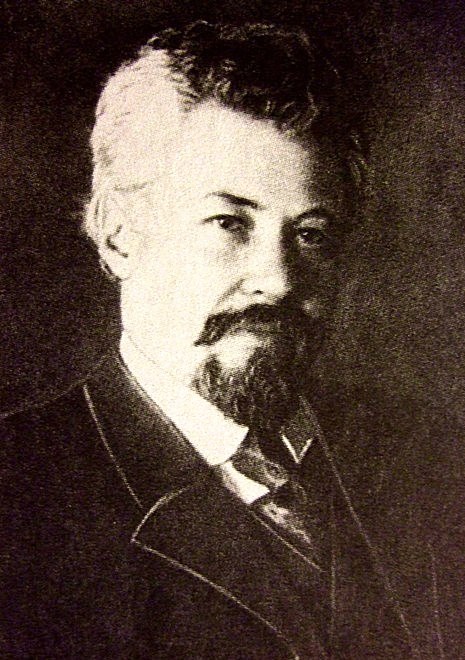NACA had already independently discovered the advantages of swept wing designs and had conducted wind tunnel testing of the concept in January 1945 related to critical MACH number performance and shockwave effects.I confess I'm curious if Groves had been given some concrete number range by his people when he wrote "increase decidedly in early 1946," and just didn't want to commit to it yet, or if he just was genuinely unsure.
If the production was 7 uranium bombs in December 1945...would an average of a dozen per month for all of 1946 be an unreasonable guess?
If so, it's plausible the Allies could have 150-200 bombs for use in the 1947 campaigning season, if they were of a mind to do a big massed strike - the bombs are too small for a classic Lemay "Sunday Punch," but assuming even just 80% got through, it would certainly bring a lot of the Reich economy (or at least that within the 1939 boundaries that had not beeen relocated farther east) to nearly a halt. This is assuming, of course, that they have not been dumping bombs on Japan like confetti.
The problem is, even if they could pull that off, there's ample reason to think a Nazi Germany in this scenario would not sue for peace, let alone surrender - perhaps not even if you are lucky enough to kill Hitler.
(I'm not advocating doing this, just pondering what the Allies here would likely consider.)
Yeah, Southern France makes no sense as a primary or sole invasion site, since Corsica + every aircraft carrier in the allied inventory still cannot match England as an airbase, let alone invasion ports and infrastructure!
But as for the bombers - I think we must assume everything in the development pipeline still remains fast tracked... the B-47 is butterflied away since Karman does not have access to German swept wing aerodynamics documents, but it is not inconceivable you could supplement an appreciable number of B-36's with with B-45 Tornados by 1947 (service ceiling 46,000ft, payload sufficient for a Little Boy), if the U.S. made it a priority. You'd still lose some bombers (and maybe a few intact bombs!), however.
The WAllies came up with many of the "innovations" that the Reich is credited for and that the Allies are assumed to have been spoon fed by Operation Paperclip. While it is absolutely correct that the German researchers and the reams of test documents greatly aided and sped up any number of programs (especially the U.S. ICBM/Space program) the WAllies were just as innovative. The USN had the most advanced guided missile program in the world (the ASN-N-2 was superior to the German Fritz-X, as was the Gargoyle).
The WAllies didn't rush them into production because, well, they were winning and unlike the Reich (or Imperial Japan for that matter) weren't desperate to plug the dike.
Interestingly, especially in light of the swept wing comments, one of the aircraft that came out of the various research projects was a tailless forward swept wing glider (a la X-29)

Cornelius XFG-1 - Wikipedia


